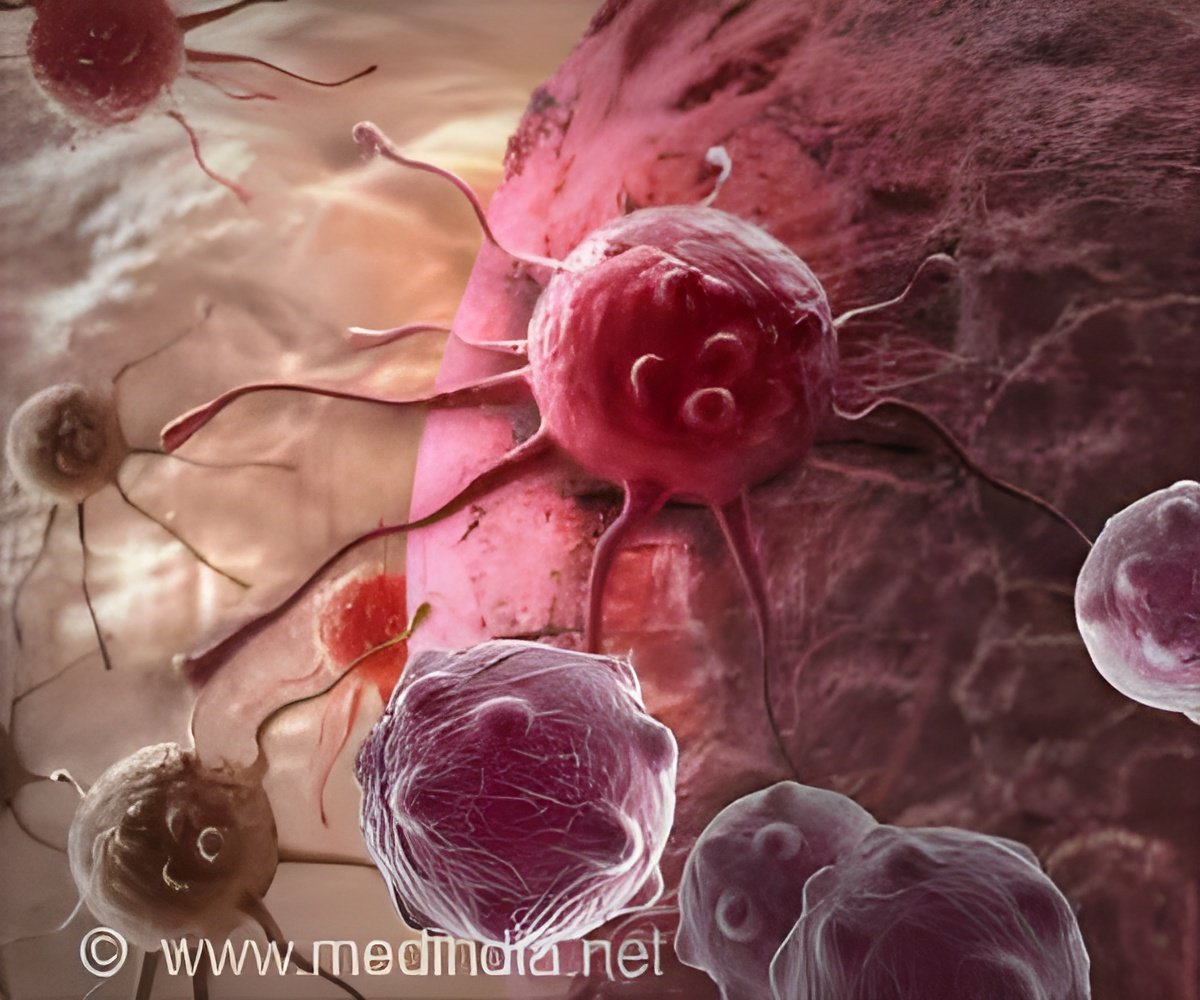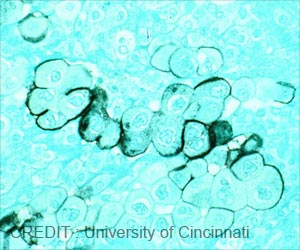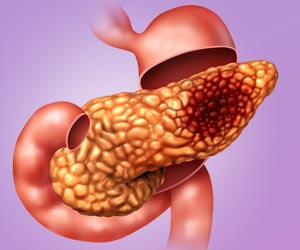Growth of pancreatic cancer can be reduced by inhibiting CHD11. A drug that inhibits CHD11 has also been identified.

TOP INSIGHT
Pancreatic cancer will soon become the second leading cause of cancer-related death. It is difficult to treat. The growth of pancreatic cancer can be reduced by inhibiting CHD11. A drug that inhibits CHD11 has also been identified.
Read More..
Most people die within a year of diagnosis. The therapies which are currently approved to treat cancer are less effective and extend survival by only a few months.
One of the characteristic features of the disease is the build-up of scar tissue called fibrosis. Cancer-associated fibroblasts (CAF) which trigger fibrosis play a tricky dual role as the depletion of CAF is just as likely to promote as it can inhibit pancreatic cancer.
Lead author of the study Ivana Peran, PhD, a research instructor of oncology at Georgetown Lombardi said, “We hypothesized that if we can alter the microenvironment where cross-talk between the fibroblasts, immune cells and cancer cells happens, then we can cause just enough disruption to push back tumor growth.”
To do this, the team studied the adhesion molecule cadherin 11 (CDH11). CDH11 is expressed by CAFs in the pancreatic tumor environment. It is also associated with other fibrotic disorders where activated fibroblasts express this molecule. The researchers tried to stop CDH11 in tumors growing in mice.
Stephen Byers, PhD professor of oncology at Georgetown Lombardi said, “Separately, we have identified a drug that can inhibit CDH11. This drug also inhibited the growth of pancreatic tumors and taken together with our earlier work, this finding warrants study in human clinical trials for people with pancreatic cancer whose tumors express CDH11.”
 MEDINDIA
MEDINDIA




 Email
Email










